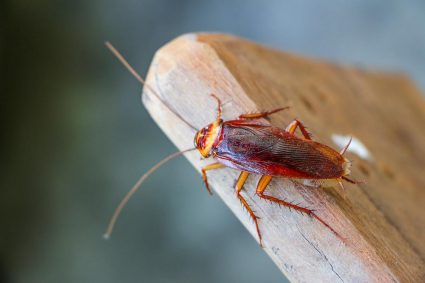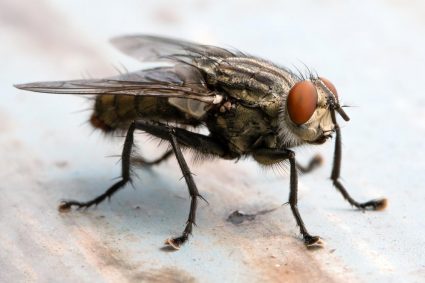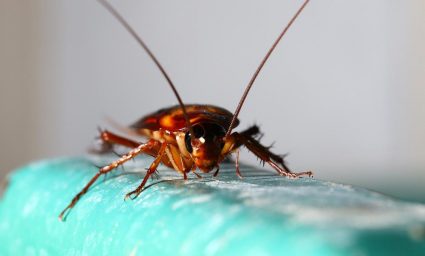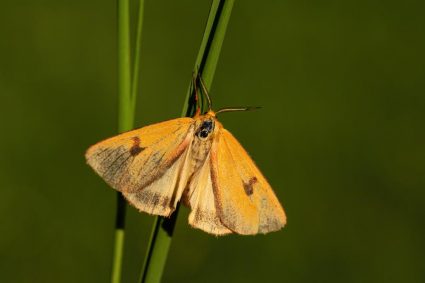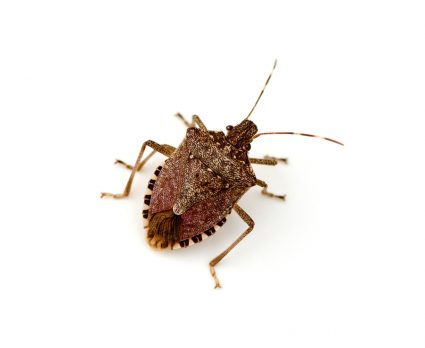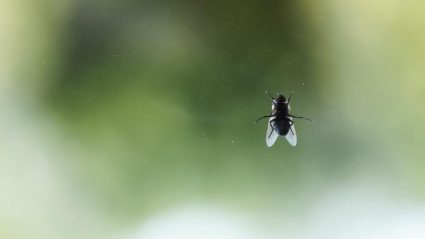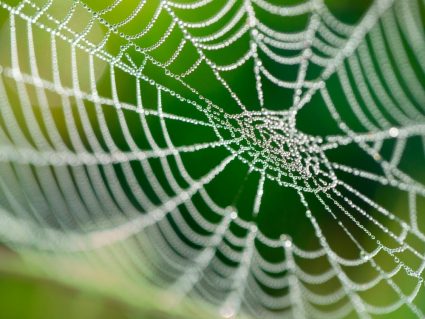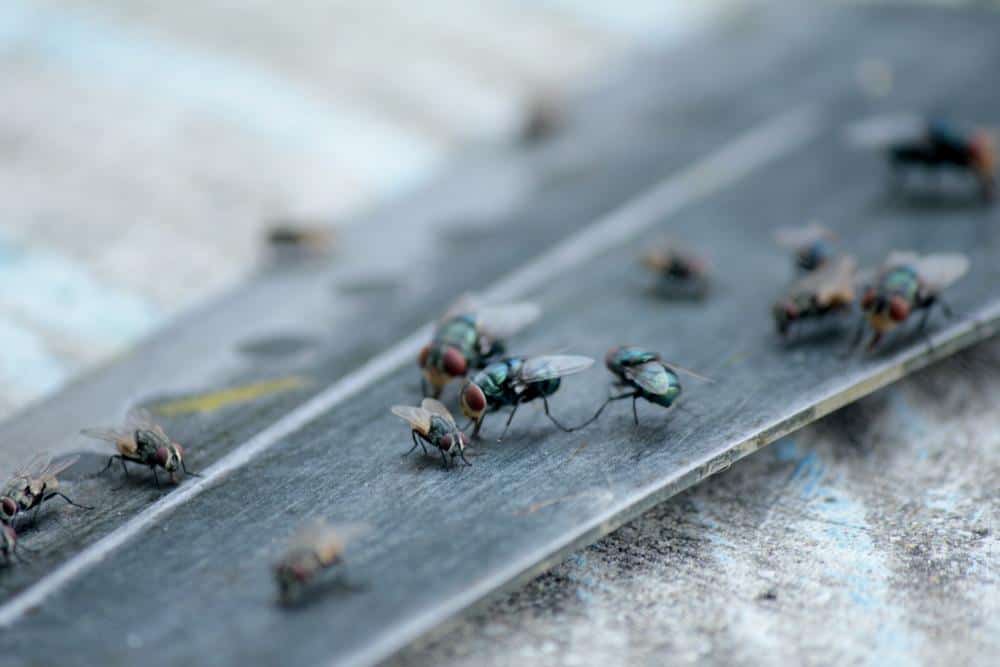
Flies can be a major nuisance for horse owners, particularly during the warmer months. These pesky insects are not just annoying; they can pose significant health risks to your horse, especially when they target the horse’s eyes. Flies can cause irritation, inflammation, and even infections. This comprehensive guide will help you understand how to protect your horse’s eyes from flies effectively.
To keep flies out of your horse’s eyes, use a fly mask which provides a physical barrier against the insects. Also, apply fly repellent ointments and insecticides designed for horses, but avoid direct contact with the eyes. Maintain proper sanitation and manure management to control the fly population. Additionally, consider natural remedies like essential oils and apple cider vinegar. Always monitor the effectiveness of these methods and consult with a veterinarian for the best options.
The Importance of Protecting Your Horse’s Eyes from Flies
Flies are attracted to a horse’s eyes due to the moisture and salt they can feed on. However, their constant landing on the horse’s eyes can cause irritation, redness, and even inflammation. In some cases, flies can transmit bacterial infections, such as bacterial conjunctivitis, which can make the eyes weepy, red, and produce a greenish-yellow discharge. In more severe cases, flies can even transmit eyeworms, which can cause more significant eye problems.
Effective Methods to Keep Flies Away from Horses’ Eyes
There are several methods to keep flies away from your horse’s eyes:
Fly Masks
Fly masks are arguably the most effective method. These mesh covers protect the horse’s face and eyes from biting insects while allowing the horse to see and hear. There are a variety of fly masks available on the market, with or without ear and nose protection. SmartPak Equine and Amazon are two online retailers where you can find a wide selection of fly masks.
Insecticides
Apply fly sprays or other insecticides specifically designed for horses. These products should be applied using a grooming mitt to avoid direct contact with the horse’s eyes.
Fly Repellent Ointments
Fly repellent ointments can be applied around the eyes to deter flies. However, be cautious when applying any product near the eyes and consult your veterinarian for recommendations.
Proper Sanitation and Manure Management
Regularly clean stalls, paddocks, and barn aisles to reduce fly breeding grounds. Removing manure and maintaining a clean environment can help control the fly population around your horse.
Fly Traps
Set up fly traps around the barn and pasture to attract and capture flies. These traps can use color or scent to lure flies and reduce their presence around your horse.
Fans and Ventilation
Installing strong fans in the barn can help keep flies away from your horse by creating air movement that makes it difficult for them to land.
Feed-Through Fly Control Products
Start your horse on a feed-through fly control product to help interrupt the fly life cycle.
Vaccinations
Work with a veterinarian to have your horse vaccinated for mosquito-transmitted viruses.
Natural Remedies for Fly Control
Alongside commercial products, you can also use natural remedies to keep flies out of your horse’s eyes. Some of these remedies include:
Essential Oils
Certain essential oils, like lavender, peppermint, lemon, geranium, and eucalyptus, can be used in homemade fly sprays to repel flies.
Apple Cider Vinegar
A homemade fly spray can be made using 2 cups of apple cider vinegar, 1 cup of water, and a few teaspoons of dish soap.
Garlic
Feeding your horse a specially designed equine garlic supplement can help keep flies at bay due to its sulfur content and strong odor.
Fly Masks
Fly masks can provide physical protection for your horse’s face and eyes, preventing flies from landing on these sensitive areas.
Monitoring the Effectiveness of Fly Prevention Methods
It’s crucial to monitor the effectiveness of your fly prevention methods. Regularly inspect your horse’s eyes for any signs of irritation or infection, and reapply fly protection products as needed, following the manufacturer’s instructions. Clean and maintain the fly mask regularly to ensure it remains effective.
Conclusion
Protecting your horse’s eyes from flies is essential for their comfort and overall health. By implementing these methods and regularly monitoring your horse, you can ensure they are protected from the nuisance and potential health risks posed by flies. Remember, the most effective fly control program will involve a combination of methods, including environmental management, physical barriers, and repellents. Always consult with your veterinarian to choose the best options for your horse.
Frequently Asked Questions
Can I use any type of insecticide on my horse to keep flies away?
No, it’s crucial to use insecticides specifically designed for horses. Other insecticides may contain chemicals that are harmful to horses. Always read the product label for safety information and application instructions.
How often should I clean the fly mask?
Fly masks should be cleaned regularly to ensure they remain effective. The frequency of cleaning depends on the amount of dirt and debris the mask collects. Generally, a weekly clean is recommended, but it may be necessary to clean more often in particularly dusty conditions or if the horse sweats heavily.
Can I use the same fly repellent ointment for my horse’s body and eyes?
Not all fly repellents are safe for use around the horse’s eyes. It’s important to look for products specifically designed for use around the eyes, or consult your veterinarian for recommendations.
How can I tell if the fly control methods are working?
Regularly inspect your horse’s eyes for signs of irritation or infection. If your horse shows less distress from flies and their eyes appear clear and healthy, then your fly control methods are likely effective.
Are there any side effects to feeding my horse garlic supplements?
Garlic is generally safe for horses, but like any supplement, it should be used in moderation. Feeding excessive amounts of garlic can cause anemia in horses. Always consult with your veterinarian before starting any new supplement regimen.

